Christianity is an Abrahamic monotheistic religion, professing that Jesus Christ was raised from the dead and is the Son of God, whose coming as the Messiah was prophesied in the Hebrew Bible and chronicled in the New Testament. It is the world's largest and most widespread religion with over 2.38 billion followers, comprising around 31.2% of the world population. Its adherents, known as Christians, are estimated to make up a majority of the population in 157 countries and territories.
Over the years, numerous Christianity holidays have been developed, each commemorating significant events in the life of Jesus Christ, the Virgin Mary, saints, or other aspects of the faith.
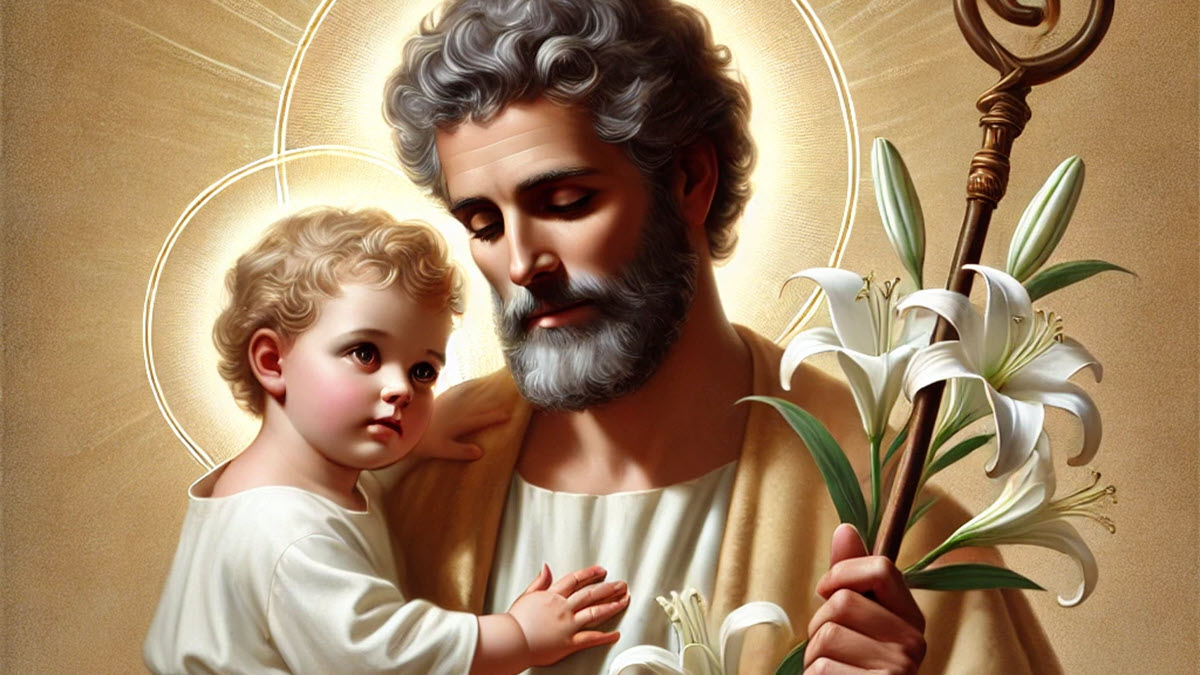
St. Joseph's Day
St. Joseph's Day honors St. Joseph, the earthly father of Jesus Christ and the husband of the Virgin Mary. It is observed as a solemn feast in the Catholic Church and recognized in other Christian traditions.
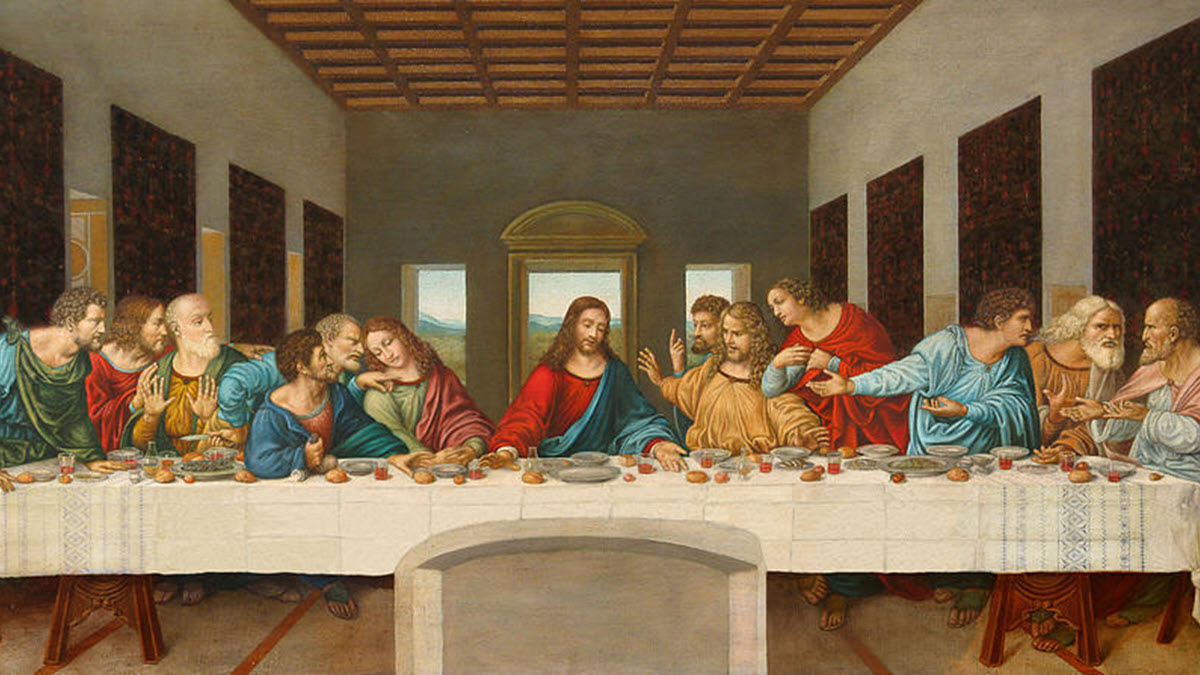
Maundy Thursday
Maundy Thursday, also known as Holy Thursday, is a significant day in the Christian liturgical calendar, commemorating the events of the evening before Jesus's crucifixion. It is part of Holy Week and marks the institution of the Eucharist, the Last Supper, and Jesus's act of washing His disciples' feet.

Good Friday
Good Friday is a significant day in the Christian calendar, commemorating the crucifixion and death of Jesus Christ. It is observed during Holy Week on the Friday before Easter Sunday and is a solemn day of reflection and prayer for Christians worldwide.
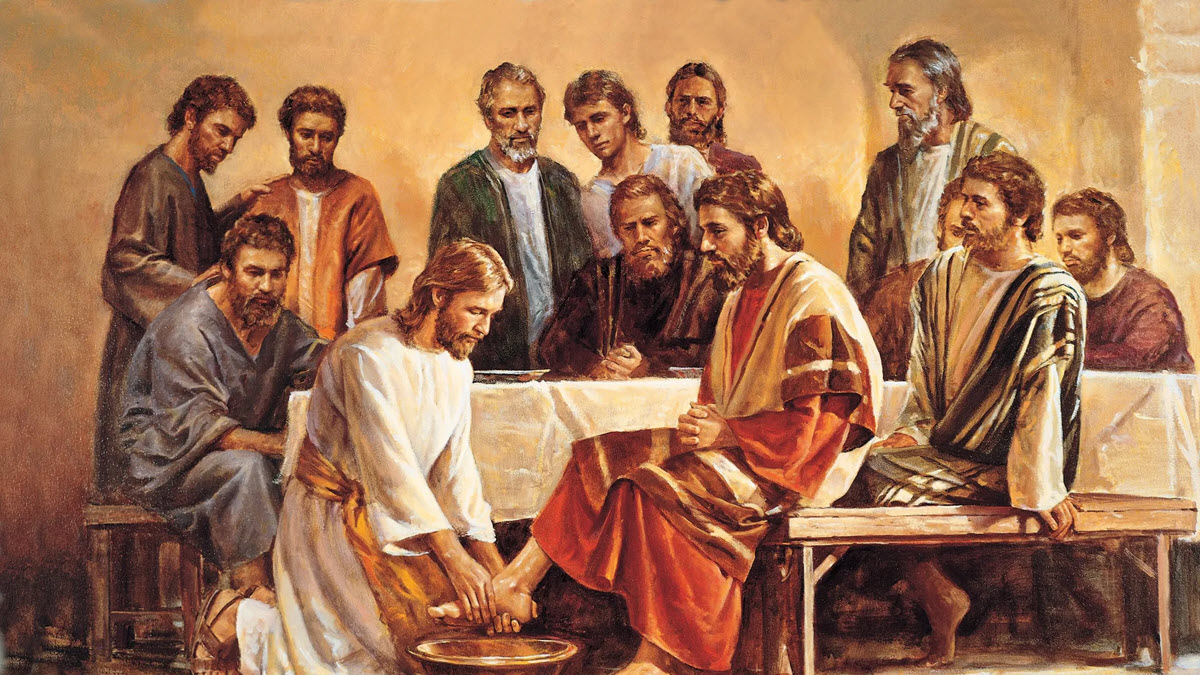
Orthodox Maundy Thursday
Orthodox Maundy Thursday, also known as Great and Holy Thursday, is one of the most important days in the Eastern Orthodox Church's observance of Holy Week. It commemorates the Last Supper, the institution of the Eucharist, and Jesus's washing of the disciples' feet, as well as the betrayal of Jesus by Judas. It serves as a profound moment of reflection on Christ's humility, love, and sacrifice.
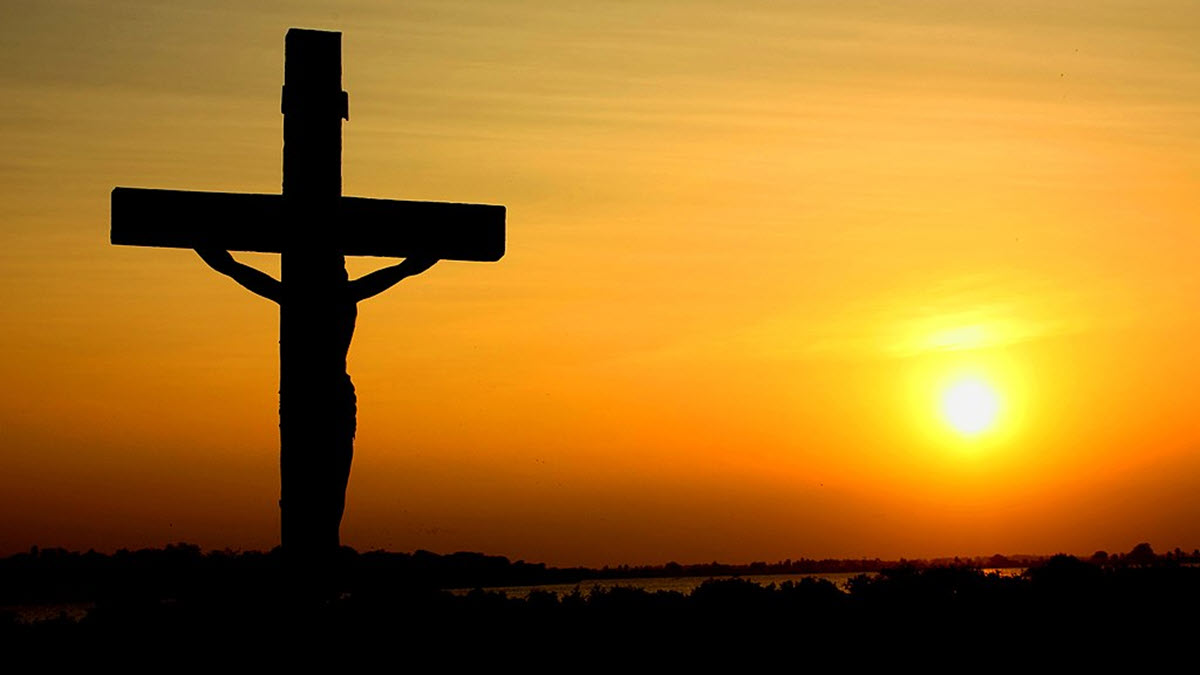
Orthodox Good Friday
Orthodox Good Friday, also known as Great Friday or Holy Friday, is one of the most solemn days in the Eastern Orthodox Church, commemorating the crucifixion and death of Jesus Christ. It is part of the final days of Holy Week, leading up to Orthodox Easter.
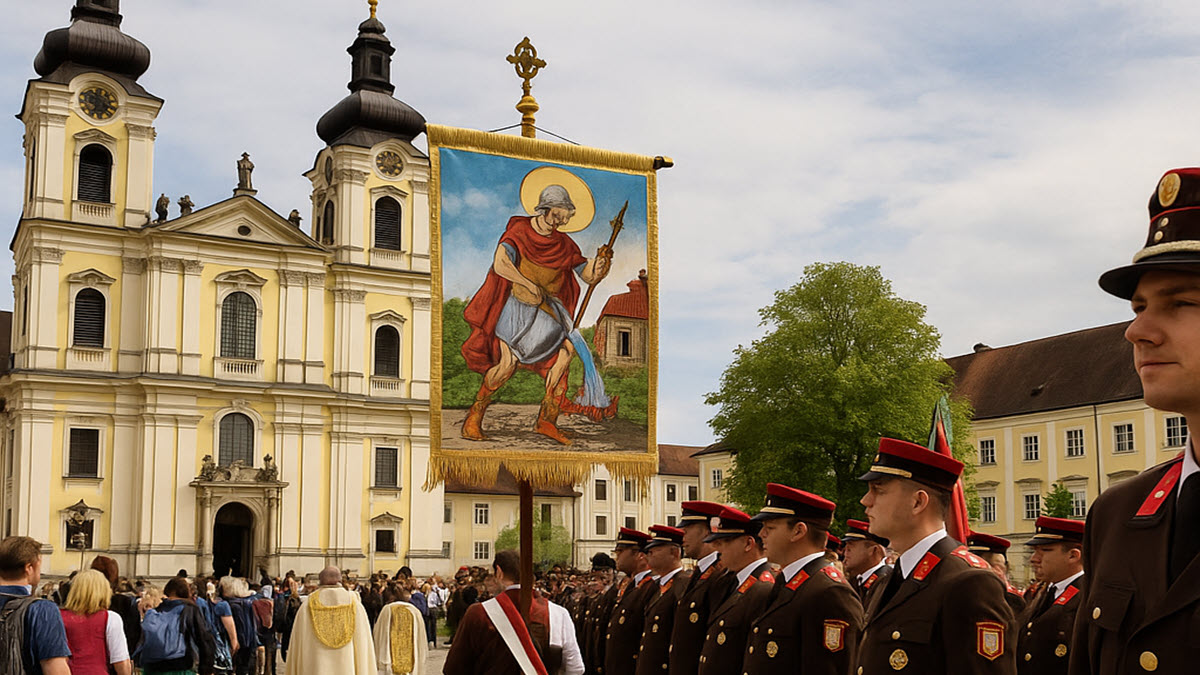
St. Florian's Day
St. Florian's Day is one of Upper Austria's most meaningful regional feast days. It honors St. Florian, the patron saint of the region and of firefighters, through religious pilgrimages to St. Florian Monastery, firefighter ceremonies and community festivals, keeping alive traditions that date back to the early Middle Ages.
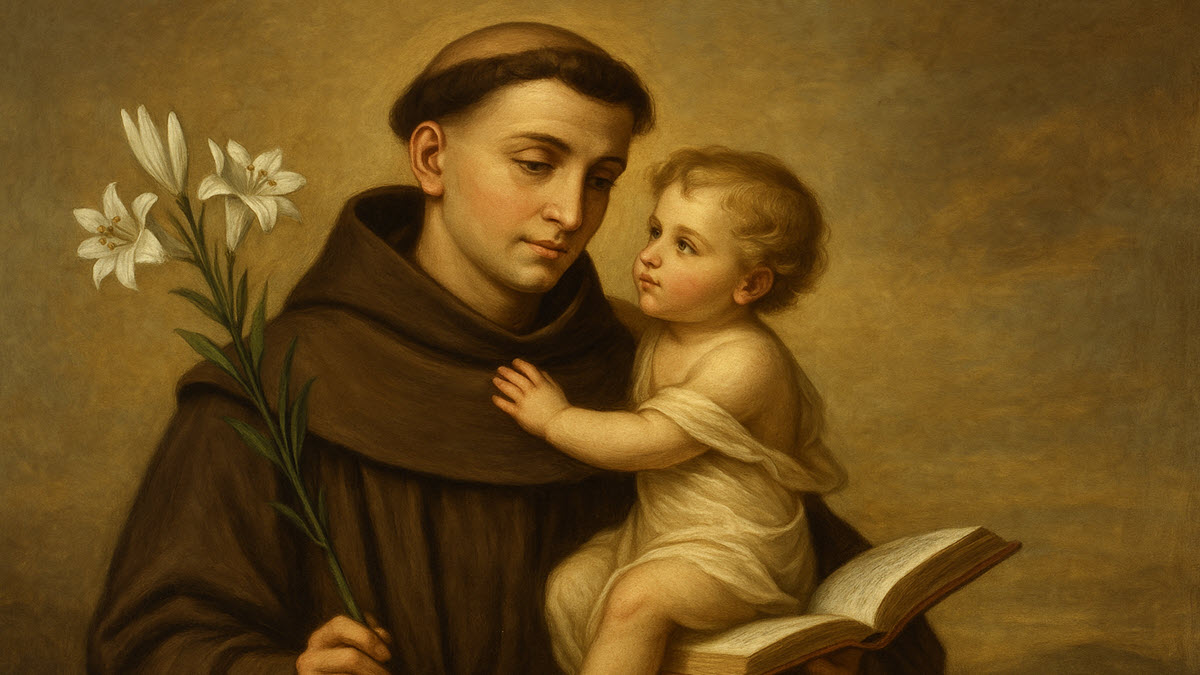
San Antonio
San Antonio commemorates St Anthony's death on June 13, 1231. St. Anthony of Padua (1195–1231) was a brilliant Franciscan preacher and miracle worker, canonized less than a year after his death, he is one of the most loved saints in Spain, Portugal, and the Catholic world, invoked especially as the patron saint of lost things and protector of the poor.
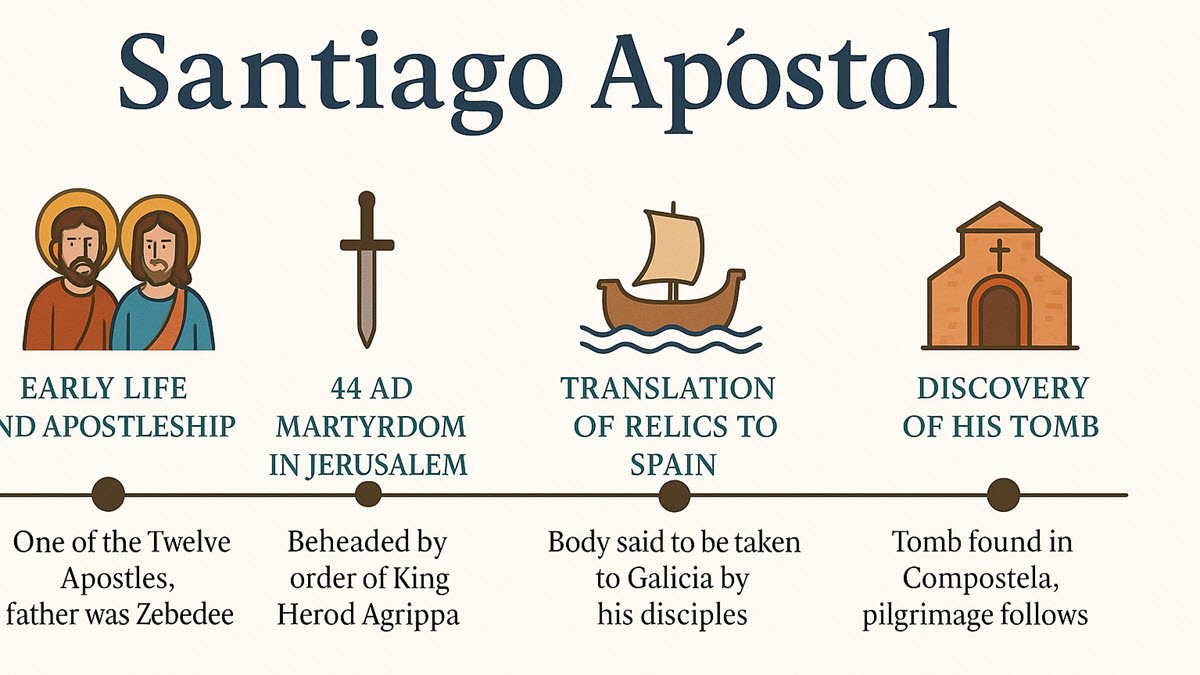
Santiago Apostol
Santiago Apóstol was one of Jesus's closest disciples and the first apostle to be martyred. His relics, believed to rest in Santiago de Compostela, inspired one of the world's most important pilgrimage traditions and made him the patron saint of Spain.
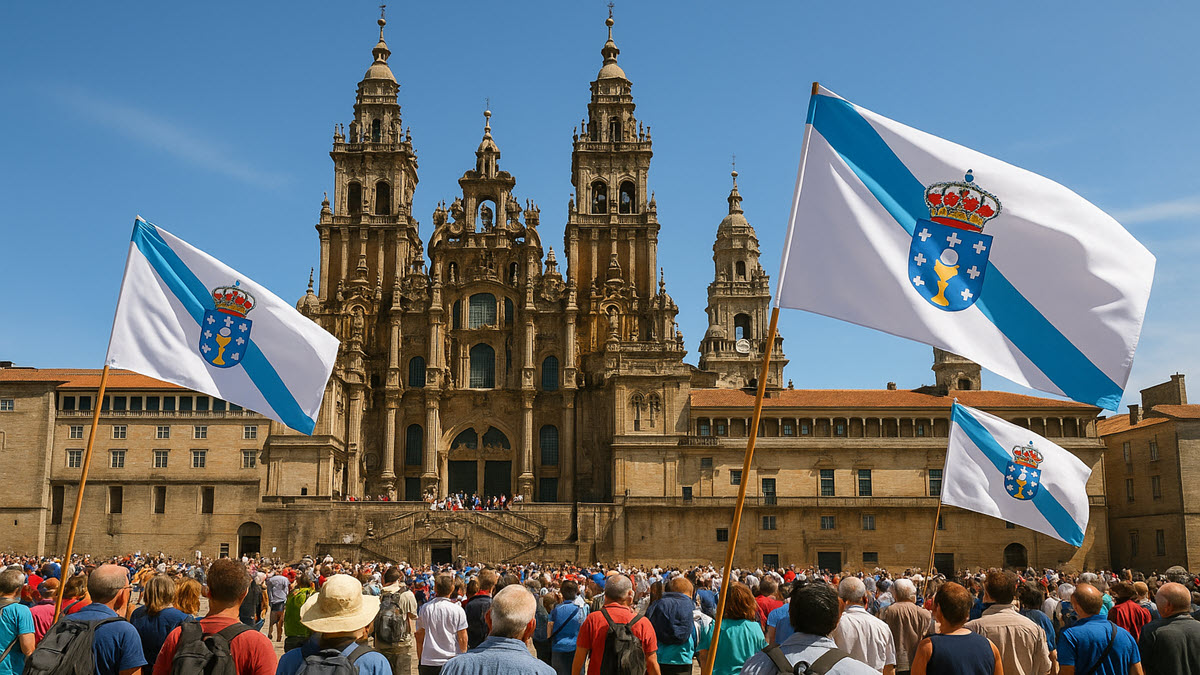
Day of Galicia
The Day of Galicia on is a religious festival honoring Saint James and a national holiday celebrating Galician identity, culture, and language. Born in 1919 as a nationalist movement, suppressed under Franco, and revived after democracy, it remains Galicia's most important civic and cultural celebration.
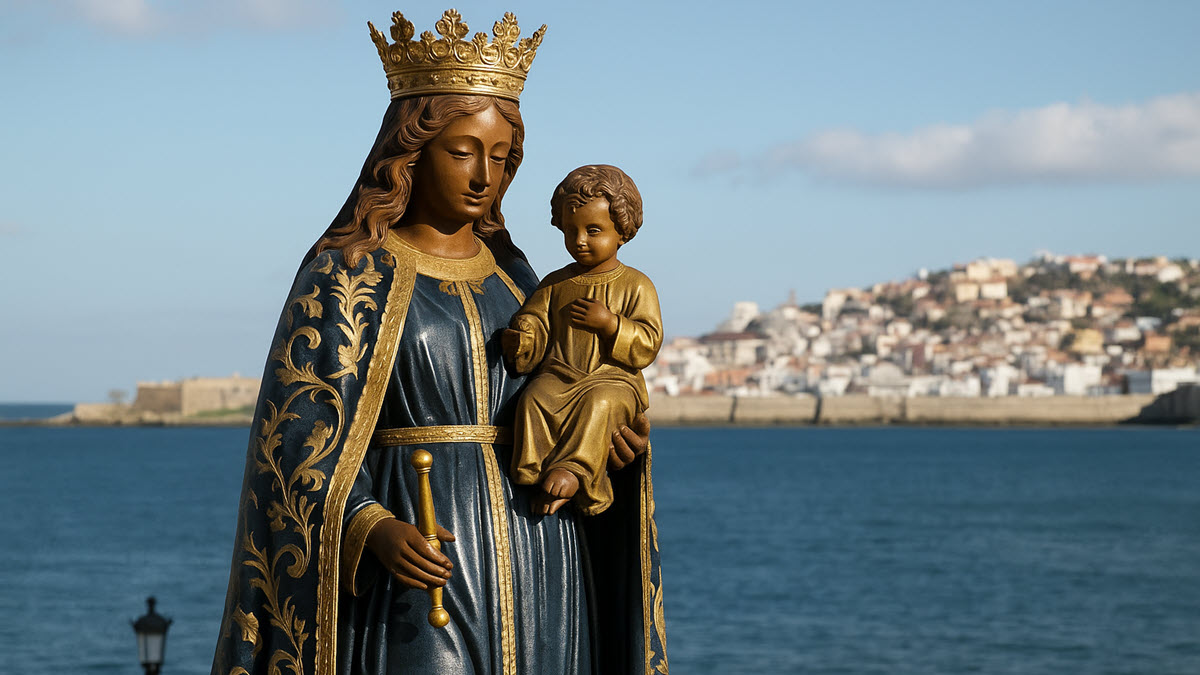
Our Lady of Africa
Our Lady of Africa in Spain refers to the Patroness of Ceuta, venerated since the 15th century. Her shrine and image remain central to the city's identity, and her annual feast is one of Ceuta's most important celebrations, blending faith, history, and culture.